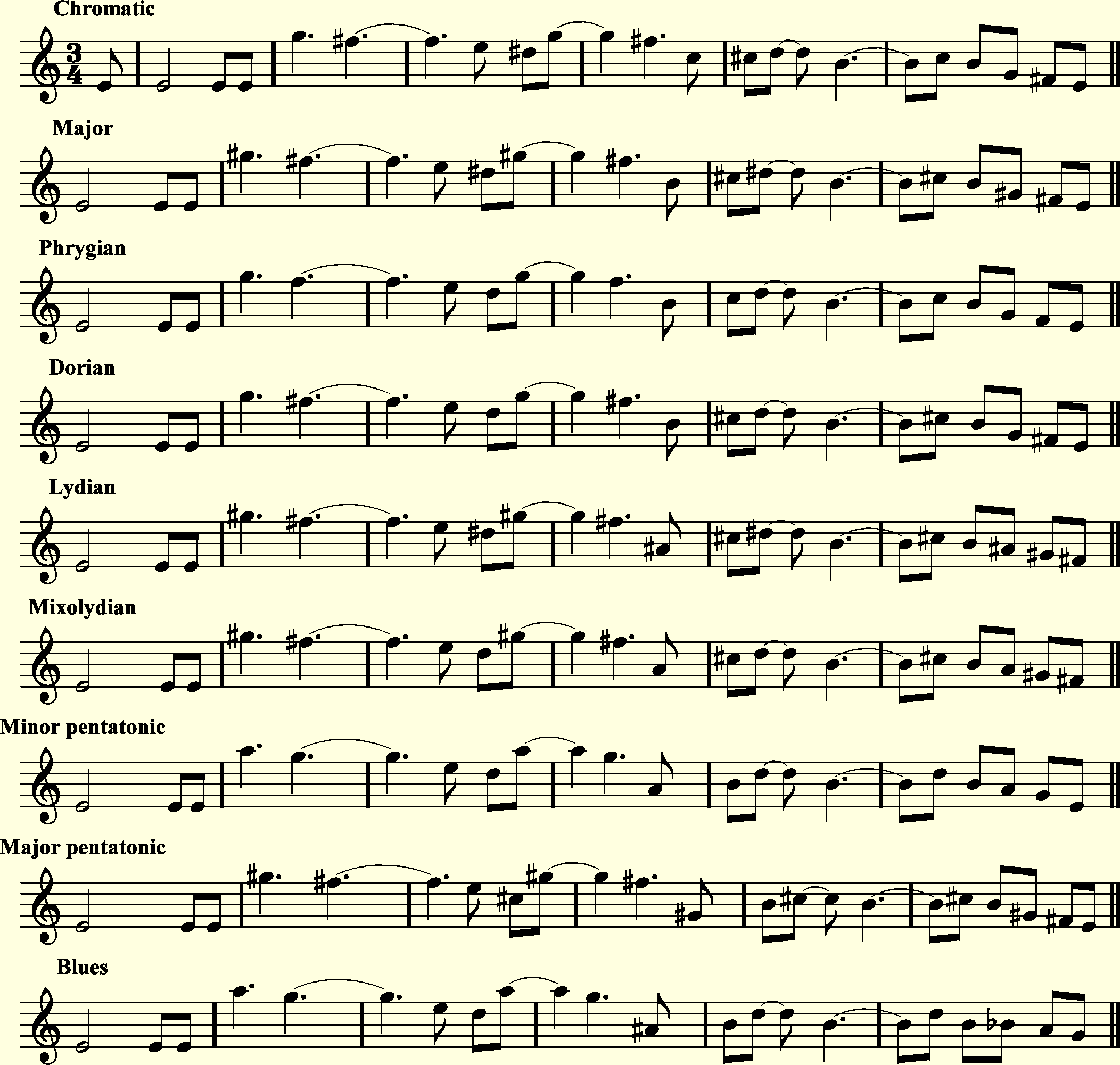i'm sure this has been posted before but i see a lot of people asking scale related things so you anybody that hasn't seen this should check it out
Ethan Hein's Blog › Scales and emotions
explains the 'emotions' and mood of certain scales, gives examples, things of that sort
Ethan Hein's Blog › Scales and emotions
explains the 'emotions' and mood of certain scales, gives examples, things of that sort

